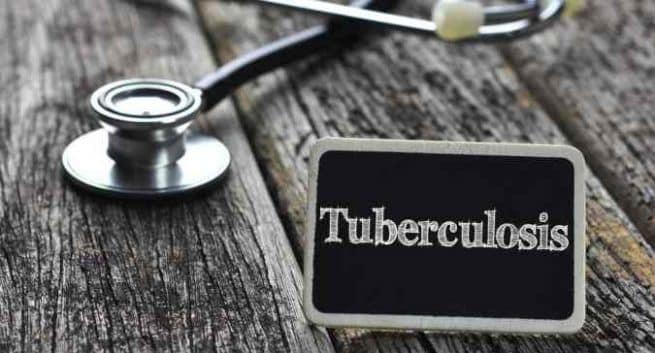
Ingredients (serves 6 people) 500g butter, softened 500ml icing sugar, plus extra for dusting 500ml gluten-free flo...

Scientists have made a breakthrough in tuberculosis (TB) research that may help improve treatment of the disease and save countless lives.
Researchers at University College London, including one of Indian-origin, have come up with a new blood test that could predict the onset of tuberculosis (TB) three to six months before people become unwell.
The researchers sought to identify which, if any, gene expression signatures in blood can predict the disease at a very early stage and before symptoms. Gene expression signatures are single or combined measurements of levels of specific gene products and are being tested in a range of diseases to aid diagnosis, prognosis or prediction of the response to treatment. Some are already being used to support the management of cancers, but none have reached the clinic in infectious diseases, such as tuberculosis (TB).
They were able to find the gene signatures in blood which show most promise for identifying people who are at risk of disease. “Future development of a blood test based on these findings could make an important contribution to efforts to reduce the impact and spread of this deadly infection,” said study author Mahdad Noursadeghi, Professor at University College London.
Since this test is not likely to come anytime soon, it is better that you know the early symptoms of the disease so that you can start treatment during the initial stage.
Tuberculosis (TB) mainly affects your lungs. But it can also affect other parts of your body, including your kidneys, spine or brain.
The bacteria that cause tuberculosis can transmit from one person to another through coughs and sneezes. Even when you have a TB infection, your immune system usually can prevent you from becoming sick. When the bacteria remain in your body in an inactive state and cause no symptoms – the condition is termed as latent TB or inactive TB. This isn’t contagious, but it can turn into active TB, which is the condition that makes you sick. It can occur in the first few weeks after infection with the TB bacteria, or years later.
When you have active TB, you are likely to experience these signs and symptoms: coughing that lasts three or more weeks, coughing up blood, chest pain, or pain with breathing or coughing, unintentional weight loss, fatigue, fever, night sweats, chills, and loss of appetite.
However, signs and symptoms vary according to the organs involved. For example, tuberculosis of the spine may cause back pain, and tuberculosis in your kidneys may lead to blood in your urine.
With inputs from IANS

Ingredients (serves 6 people) 500g butter, softened 500ml icing sugar, plus extra for dusting 500ml gluten-free flo...

HOW TO TAKE CARE OF YOUR SKIN AND HAIR THIS HOLI Just few days are left in Holi this year. By now, everyone must have started p...

When our skin over produces melanin it can cause uneven skin tone and dark patches and it is called hyper pigmentation. The overpr...

Nose Pin Trends – Latest Nose Pins Design for Women: If we talk about features, all have own importance but you can't de...

If you think you’re in an emotionally abusive relationship? Here are nine signs that it’s time to walk away. Your Are...

3D tatoos looks like a natural thing....

Lemon is a very good anti septic product and when you mix it with warm water to drink in the morning then it helps to maintain the...

Teenagers are the most rebellious that is why it becomes quite difficult to manage them. The main reason for their rebel is nobody...